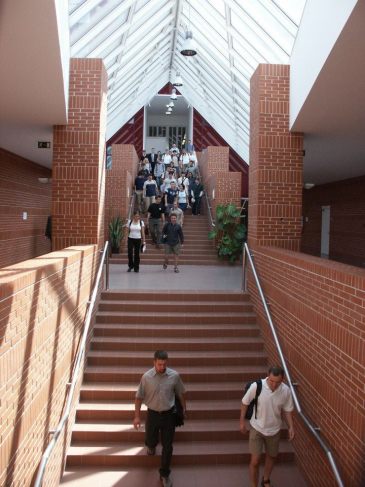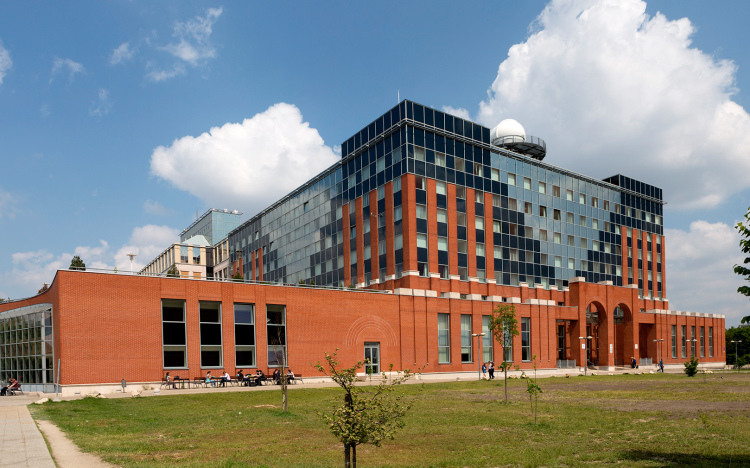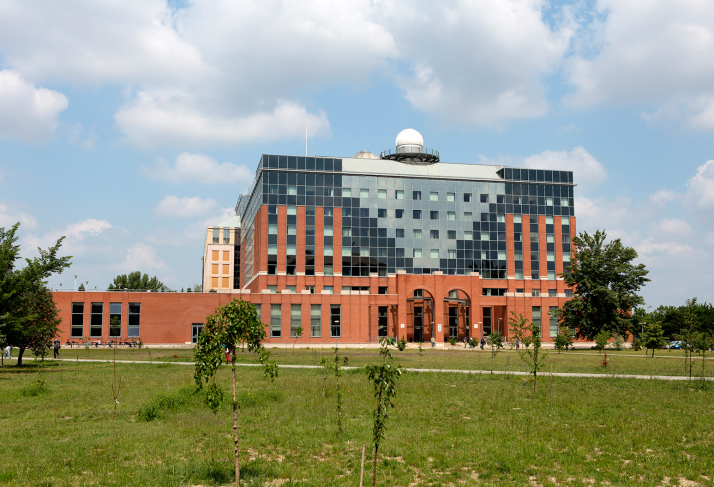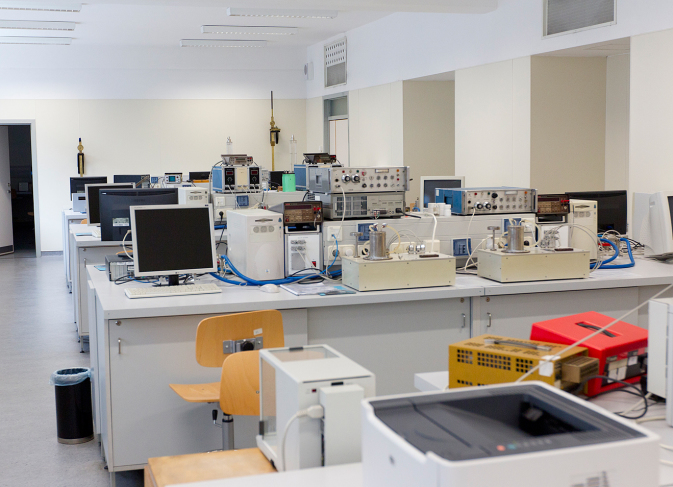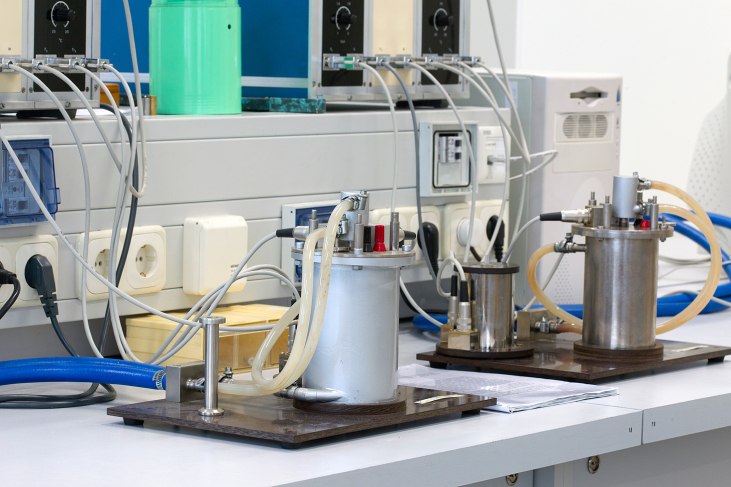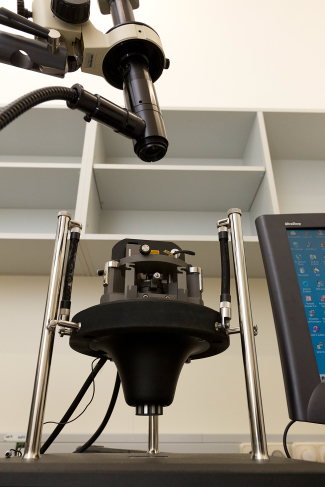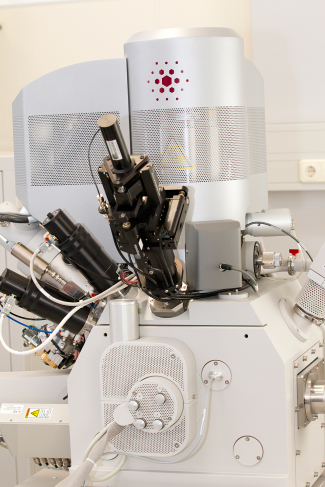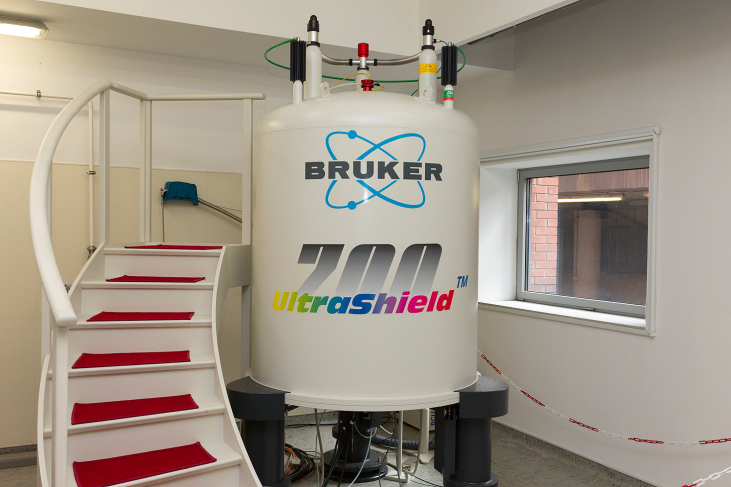Doctoral School of Environmental Sciences (with Scholarship for EU-students)
Doctoral School of Environmental Sciences (with Scholarship for EU-students)
PhD in Environmental Sciences
Degree program
Doctoral
OH-FRKP/406-3/2007
Doctoral School of Environmental Sciences
English
8 semesters (4 years)
240
1
10
The goal of this program is to develop scientific skills necessary to identify and analyze environmental issues. Students will learn critical thinking, problem solving and skeptical inquiry skills and use them to propose solutions to environmental problems.
This program is recommended to applicants who have a solid interest in environmental problems, and has not yet decided her/his specified field of scientific orientation and depending on her/his interest and background knowledge, projects can be shifted to different directions because of their open structure and flexible organization.
This program enables students to join the work of internationally respected research groups. We offer training in up-to-date experimental methods and field exercises besides the solid theoretical background education.
The Doctoral School offers specialized training in the following directions in environmental sciences: environmental biology, environmental chemistry, environmental physics, or environmental geosciences. Emphasis is on the application of the given discipline in complex research projects, such as water quality changes and management, risk analysis and mitigation in various human and natural environments, renewable energy research, etc.
ENVIRONMENTAL BIOLOGY
Diatoms and their significance in water quality assessment
Microbial ecology of waters and aquatic habitats
Writing scientific papers in English
Transboundary environmental impacts and the international environmental cooperation
General and special aspects of plant mineral nutrition and the nutrient stress
Sensory biophysics I.: Polarization sensitivity and its environmental optical aspects
Interactions of the natural and social environment
Basic microbiological processes for environmental protection
Natural and environmental importance of wetlands
How to measure size and shape of nano- and micro size particles?
Introduction to Prokaryotic taxonomy
Groundwater Flow in Drainage Basins
Separation technology in environmental analytics
Ionizing radiation in the human environment, their biological and potential health effects
International conventions on environmental protection and nature conservation
ENVIRONMENTAL PHYSICS
Meteorological modeling of the land-surface–atmosphere interactions: a historical review
Writing scientific papers in English
Transboundary environmental impacts and the international environmental cooperation
Interactions of the natural and social environment
Physics of environmental flows
Modelling of deposition of trace gases
How to measure size and shape of nano- and micro size particles?
Introduction to digital surface modelling
Scale dependent atmospheric dispersion models
Groundwater Flow in Drainage Basins
Chemistry and Physics of Flames
Hyphenated Techniques for Element Speciation
Ionizing radiation in the human environment, their biological and potential health effects
International conventions on environmental protection and nature conservation
ENVIRONMENTAL CHEMISTRY
Writing scientific papers in English
Transboundary environmental impacts and the international environmental cooperation
Sensory biophysics I.: Polarization sensitivity and its environmental optical aspects
Interactions of the natural and social environment
How to measure size and shape of nano- and micro size particles?
Groundwater Flow in Drainage Basins
Chemistry and Physics of Flames
Hyphenated Techniques for Element Speciation
Separation technology in environmental analytics
Ionizing radiation in the human environment, their biological and potential health effects
International conventions on environmental protection and nature conservation
ENVIRONMENTAL EARTH SCIENCES
Meteorological modeling of the land-surface–atmosphere interactions: a historical review
Writing scientific papers in English
Transboundary environmental impacts and the international environmental cooperation
Sensory biophysics I.: Polarization sensitivity and its environmental optical aspects
Interactions of the natural and social environment
Data analysis in environmental science
Vulneralibility and sensitivity of Karst systems
Natural and environmental importance of wetlands
How to measure size and shape of nano- and micro size particles?
Introduction to digital surface modelling
Scale dependent atmospheric dispersion models
Thermal water and geothermal energy
Ionizing radiation in the human environment, their biological and potential health effects
Palaeoenvironmental reconstruction based on ostracod studies
International conventions on environmental protection and nature conservation
Our doctoral graduates find employment in various places such as environmental companies and organizations, governmental bodies and agencies, international organizations dealing with cross-border environmental activities, and many others in education.
Aerospace Engineer, Anthropologist, Architectural Historian, Asbestos Abatement Manager, Astronomer, Atmospheric Dispersion Modeler, Atmospheric Scientist, Chemical Oceanographer, Decontamination Technician, Emergency Disaster Response Technician, Environmental Biologist, Environmental Biotechnology, Environmental Chemist, Environmental Data Analyst, Environmental Engineer, Environmental Geologist, Environmental Health Safety Manager, Environmental Health Safety Trainer, Environmental Monitor, Environmental Psychologist, Environmental Sampling Technician, Environmental Writer, Fire Fuel Manager, Fire Protection Engineer, Fire Safety Specialist, Forensic Biologist, Forensic Scientist, Geological Oceanographer, Geologist, Geomagnetist, Geomorphologist, Geophysicist, Groundwater Sampling Technician, Habitat Restoration Engineer, Health Safety Engineer, Herpetologist, Historian, Hydrogeologist, Hydrologist, Ichthyologist, Immunologist, Industrial Hygienist, Integrated Water Resources Manager, Invertebrate Biologist, Lab Technician, Land Acquisition Manager, Lead Abatement Technician, Mammalogist, Marine Biologist, Metallurgist, Meteorologist, Microbiologist, Mineralogist, Mining Engineer, Mining Surveyor, Molecular Biologist, Nepa Ceqa Manager, Oceanographer, Ornithologist, Paleobiologist, Paleontologist, Paleozoologist, Petroleum Technician, Physicist, Primatologist, Remote Sensing Specialist, Seismologist, Volcanologist, Wildlife Biologist, Zoologist
-
This scholarship is available for EU students only.
9000 HUF (~30 EUR)
This scholarship is available for EU students only.
-
This scholarship is available for EU students only.
-
This scholarship is available for EU students only.
This scholarship is available for EU students only.
This scholarship is available for EU students only.
This scholarship is available for EU students only.
This scholarship is available for EU students only.
Yes
09, Sep, 2019
31, May, 2019
No
Admission requirements
If English is not the applicant’s mother tongue, or if the applicant hasn’t pursued her/his university studies in English: language certificate which proves suitable English language skills (at least B2, but preferably C1 level) – only language exams recognised by the Hungarian Accreditation Centre for Foreign Language Examinations are accepted (e.g.: IELTS)
Applicants must have a master’s degree, or must certify that they will qualify for a master’s degree at the end of the current academic year.
| Document | Comment |
|---|---|
| Resumé | (including publication list, awards, scholarships, current activities) |
| Research plan signed by applicant and supervisor | |
| Copy of the master’s degree | (if already obtained); or an official document issued by the applicant’s current home university, certifying that s/he is expected to have satisfied the requirements for a master’s degree by the end of the current academic year |
| Certificate of clean criminal records | |
| Proof of payment of the application fee | |
| Transcript of all higher-education records |
Admitted PhD students receive a scholarship from the Hungarian Government for the living costs during their PhD studies at ELTE, which is:
140 000 HUF (~435 EUR) in the first and second year
180 000 HUF (~560 EUR) in the third and fourth year
Application form
Office of Doctoral and Habilitation Qualification, and International Relations
Ms. Zsuzsa Buvári, administrator
H-1117 Budapest, Pázmány Péter sétány 1/A, room 0.128.
Tel: +36-1-372-2602 Fax: +36-1-372-2604
E-mail: doktoranduszugyek@ttk.elte.hu
Important points of evaluation
An entrance committee evaluates the applicants during an interview, considering
- general professional intelligence
- proper grounding and research skills in the chosen branch of science
- performance during the studies in higher education
- activity in undergraduate research and other scientific activities
- research plan
- language skills
The applicant’s performance may be measured by points as well.
Important points of evaluation
An entrance committee evaluates the applicants during an interview, considering general professional intelligence proper grounding and research skills in the chosen branch of science performance during the studies in higher education activity in undergraduate research and other scientific activities research plan language skills The applicant’s performance may be measured by points as well.
Date of the entrance examination: between3rd June and 5th July 2019.
Decision regarding admission: approximately 15 July 2019.
Organisation responsible for the administration of the doctoral training
Office of Doctoral and Habilitation Qualification, and International Relations
supervised by Prof. Tibor Jordán chairman of the Faculty Doctoral Council
H-1117 Budapest, Pázmány Péter sétány 1/A
Faculty of Science
Faculty of Science
0
/
0























0
/
0





